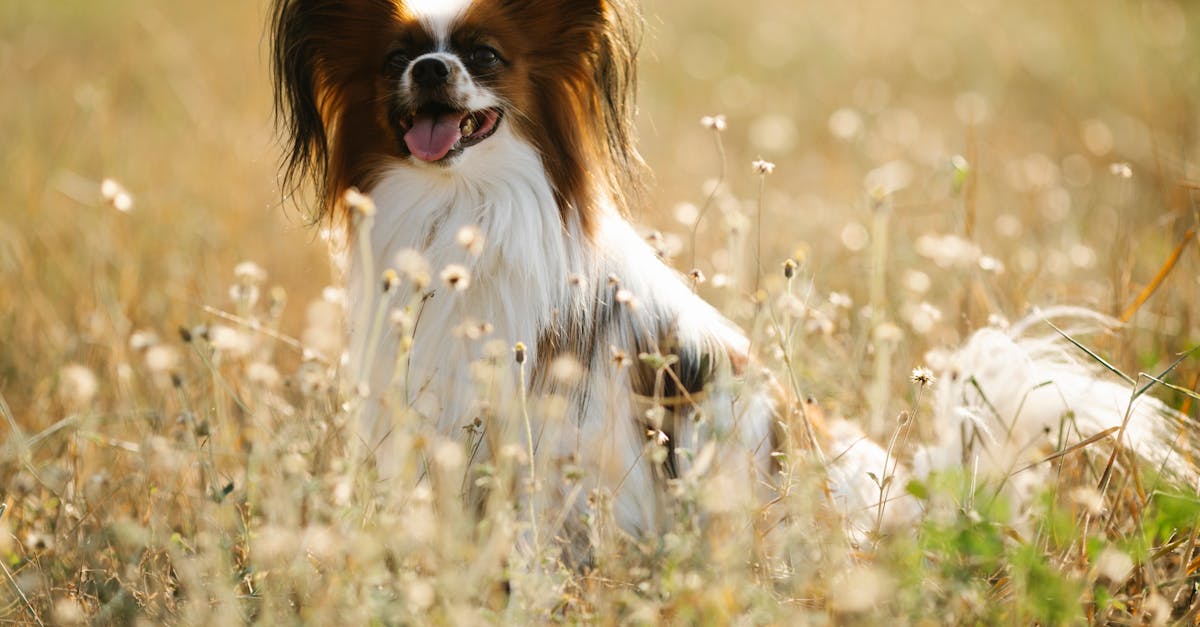The Pomsky, a charming cross between a Pomeranian and a Siberian Husky, has captured the hearts of dog lovers worldwide. With their fluffy coats, spirited personalities, and manageable size, it’s no wonder they’ve become so popular. But as with any breed, understanding their unique traits and care requirements is key to ensuring they thrive. Let’s dive into everything you need to know about Pomsky characteristics and care.
🐾 Breed Snapshot
The Pomsky is a designer breed, meaning they’re intentionally bred from two purebred parents—the Pomeranian and the Siberian Husky. These dogs inherit traits from both parent breeds, making each Pomsky unique. Here are some quick facts:
- Size: Small to medium, typically weighing 20–30 pounds
- Height: 10–15 inches at the shoulder
- Lifespan: 12–15 years
- Coat: Fluffy double coat, often a mix of colors like black, white, gray, or brown
- Energy Level: High; they need regular exercise
- Temperament: Intelligent, playful, and loyal
Because Pomskies are a mixed breed, their appearance and personality can vary widely depending on which traits they inherit from their parents. Some may look more like a small Husky, while others resemble a larger Pomeranian.
🧬 Personality & Behaviour
Pomskies are known for their energetic and playful personalities. They’re intelligent dogs that love to interact with their families, making them ideal companions for active households. However, their temperament can vary depending on the individual dog and their upbringing.
Here’s what you can generally expect from a Pomsky’s behavior:
- Family-Friendly: Pomskies are affectionate and bond closely with their families, including children.
- Playful: They love games and mental stimulation, so activities like fetch or puzzle toys are a must.
- Alert: Thanks to their Husky lineage, they can be a bit vocal, making them good watchdogs.
- Independent: They may inherit some of the independent streak of their Husky parent, so early training is key.
Socialization from an early age is crucial to ensure your Pomsky grows into a well-behaved adult. Introduce them to various people, pets, and environments to help them feel confident and secure.
🧼 Health & Grooming Needs
Pomskies are generally healthy dogs, but like all breeds, they can be prone to certain health conditions. Understanding their health risks and grooming requirements will help you keep your furry friend in top shape.
Common Health Concerns:
- Hip Dysplasia: A condition where the hip joint doesn’t fit properly, leading to pain and mobility issues.
- Dental Problems: Smaller breeds like Pomskies can be prone to dental disease, so regular brushing is essential.
- Eye Conditions: They may inherit eye issues such as cataracts or progressive retinal atrophy (PRA).
- Allergies: Skin or food allergies can occur, leading to itching or digestive problems.
Regular veterinary checkups are vital to catch and manage any health issues early. Preventative care, such as vaccinations, parasite control, and dental cleanings, should be part of your routine.
Grooming Needs:
Pomskies have a thick double coat that requires regular maintenance to keep it healthy and tangle-free. Here’s what to include in your grooming routine:
- Brushing: Brush your Pomsky 2–3 times a week to remove loose fur and prevent mats.
- Bathing: Bathe them every 4–6 weeks or as needed. Use a dog-specific shampoo to avoid skin irritation.
- Nail Trimming: Trim their nails every 3–4 weeks to prevent overgrowth and discomfort.
- Dental Care: Brush their teeth several times a week to maintain oral health.
During shedding seasons (spring and fall), Pomskies may “blow” their coat, requiring more frequent brushing to manage the extra fur.
💡 Vet Tips for Pet Parents
Caring for a Pomsky can be incredibly rewarding, but it does come with its challenges. Here are some practical tips from a veterinarian to help you provide the best care for your furry companion:
- Provide Adequate Exercise: Pomskies are active dogs that need at least 30–60 minutes of exercise daily. This can include walks, playtime, or even agility training.
- Focus on Training: Start obedience training early to manage their independent and sometimes stubborn nature. Positive reinforcement works best.
- Watch Their Diet: Feed your Pomsky high-quality dog food formulated for their size and activity level. Avoid overfeeding, as they can be prone to weight gain.
- Keep Them Engaged: Pomskies are intelligent and can become bored easily. Provide plenty of mental stimulation with interactive toys and games.
- Monitor Their Health: Schedule annual vet checkups and stay up-to-date on vaccinations, parasite prevention, and dental care.
Pomskies thrive in homes where they can be an active part of the family. They may not do well if left alone for long periods, so they’re best suited for pet parents who can dedicate time and attention to their care.
FAQs
Q: Are Pomskies good with kids?
A: Yes, Pomskies are generally good with children, especially when socialized early. However, supervision is recommended with young kids to ensure safe interactions.
Q: How much exercise does a Pomsky need?
A: Pomskies are energetic dogs that require 30–60 minutes of exercise daily. This can include walks, playtime, or activities like fetch or agility training.
Q: Do Pomskies shed a lot?
A: Yes, Pomskies are moderate to heavy shedders, especially during seasonal shedding periods. Regular brushing can help manage their fur and keep your home cleaner.
Book a $49 online vet consultation at https://www.dialavet.com for fast, expert advice.























